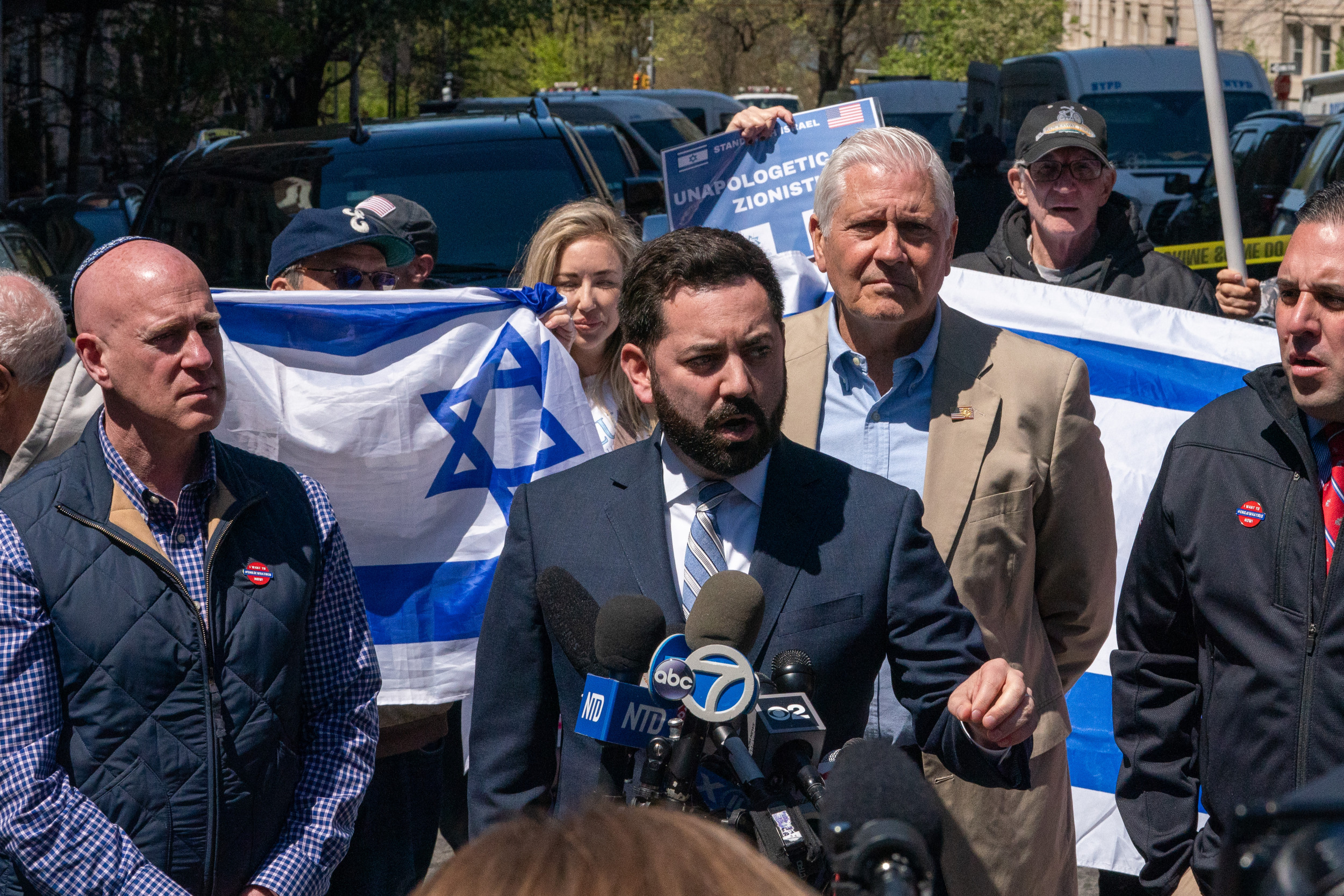
WASHINGTON (Reuters) - Five out of eight of the biggest U.S. banks do not have credible plans for winding down operations during a crisis without the help of public money, federal regulators said on Wednesday, saying the institutions could face stricter oversight if they do not fix their plans.
The "living wills" that the Federal Reserve and Federal Deposit Insurance Corporation jointly agreed were not credible came from Bank of America, Bank of New York Mellon, J.P. Morgan Chase, State Street and Wells Fargo.
The requirement for a living will was part of the Dodd-Frank Wall Street reform legislation passed in the wake of the 2007-2009 financial crisis, when the U.S. government spent billions of dollars on bailouts to keep big banks from failing and wrecking the U.S. economy.
"The FDIC and Federal Reserve are committed to carrying out the statutory mandate that systemically important financial institutions demonstrate a clear path to an orderly failure under bankruptcy at no cost to taxpayers," FDIC Chairman Martin Gruenberg said in a statement. "Today's action is a significant step toward achieving that goal."
None of the eight systemically important banks, which the U.S. government considers "too big to fail," fared well in the evaluations. However, a bank has to fix deficiencies only if the two regulators jointly determine its plan does not have the potential to work.
The FDIC alone determined that the plan submitted by Goldman Sachs was not credible, while the Federal Reserve Board on its own found Morgan Stanley's plan not credible. Citigroup's living will did pass, but the regulators noted it had "shortcomings."
"Each plan has shortcomings or deficiencies," said FDIC Vice Chairman Thomas Hoenig in a statement. "No firm yet shows itself capable of being resolved in an orderly fashion through bankruptcy. Thus, the goal to end too big to fail and protect the American taxpayer by ending bailouts remains just that: only a goal."
Banks whose living wills are deficient can be subject to more stringent regulation such as requirements to have more capital or restrictions on growth. If they do not fix the identified problems within two years, they can be forced to divest assets.
The regulators continue to assess plans for four foreign banks labeled "systemically important," Barclays PLC, Credit Suisse Group, Deutsche Bank AG, and UBS.
Uncommon Knowledge
Newsweek is committed to challenging conventional wisdom and finding connections in the search for common ground.
Newsweek is committed to challenging conventional wisdom and finding connections in the search for common ground.
About the writer
To read how Newsweek uses AI as a newsroom tool, Click here.








